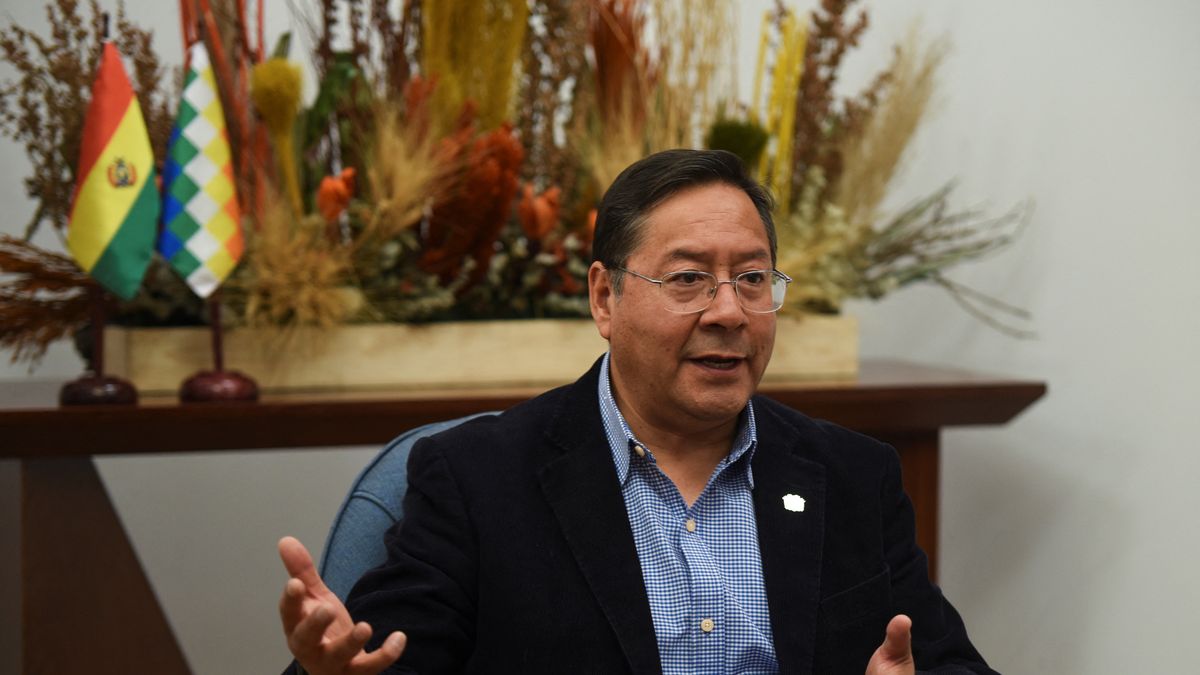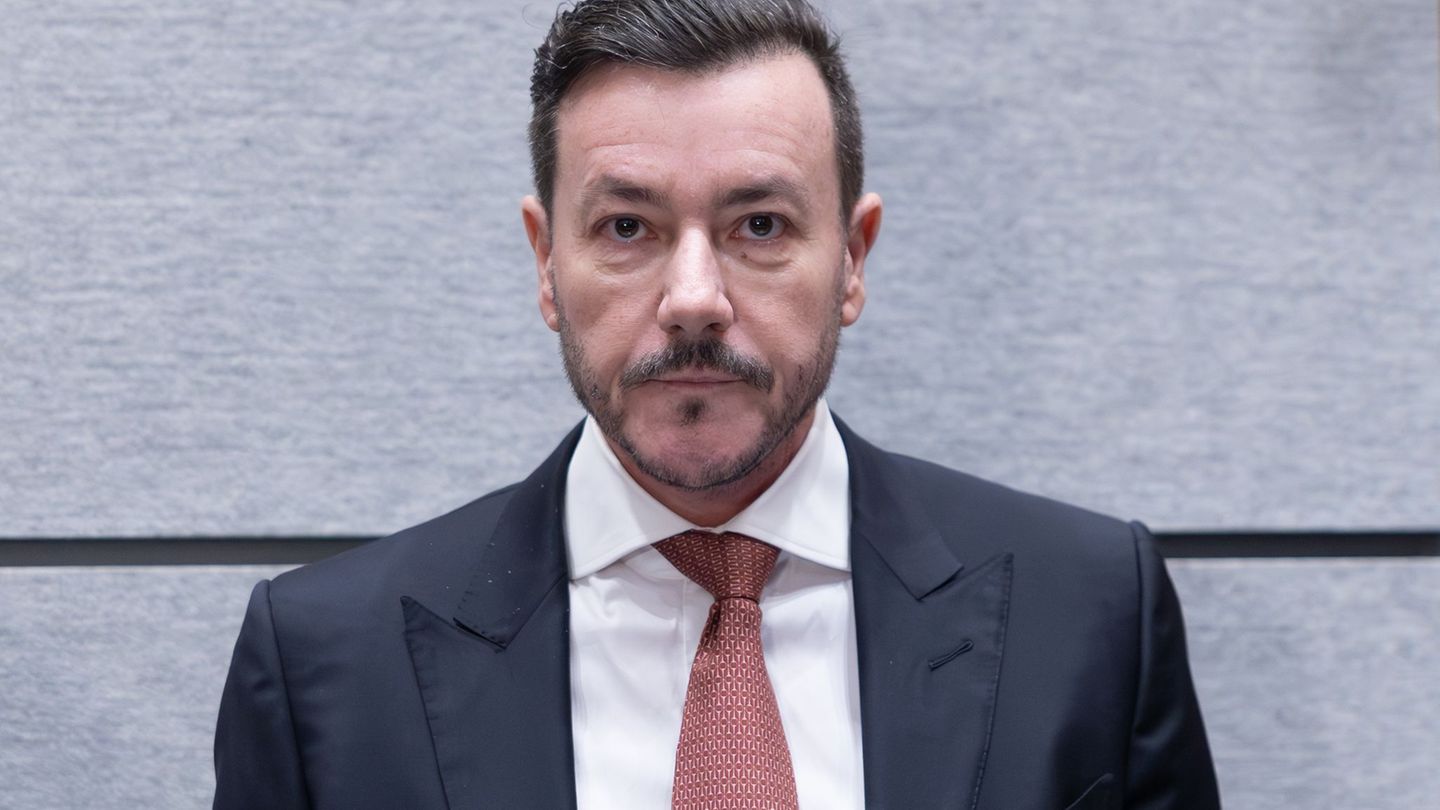In his three and a half years of government, the president Luis Arce Catacora has shown its firm determination to boost the economy of Bolivia so that its base is not merely that of being a country of energy commodities, for this reason it has started the construction of 150 industrialization plants of natural resources and raw materials to replace imports, thus generating sources of legitimate employment to stimulate the economy.
The Ministry of the Presidency published in the magazine Industrialización Rumbo al Bicentenario, that “More than 150 plants will be the essence of industrialization and will integrate an apparatus that will revolutionize the productive systems in all strategic areas that contribute to the strengthening of small, medium and large producers.”
President Arce stated in his assessment of last year that “this, his national government, is consolidating the foundations for an industrialized Bolivia, for a country that takes advantage of and benefits from all its productive potential and strengths.” This statement is being made in different areas of the country. In the same publication, the Minister of Productive Development and Plural Economy, Néstor Huanca, explained that “With the industrialization plants, this work will be strengthened, it will create greater income, it will improve the quality of production, it will create surpluses and it will reaffirm Bolivia as a strategic ally in the region and the world.”
The construction of the more than 150 planned factories is being carried out by public companies managed by the ministries of Hydrocarbons and Energy, Productive Development and Plural Economy, and Mining and Metallurgy, including Yacimientos Petrolíferos Fiscales de Bolivia (YPFB), Yacimientos de Litio Bolivianos (YLB), the Food Production Support Company (Emapa), the Service for the Development of Productive Public Companies (Sedem), among others. The State is investing in the industrial development of the country.
At least 80% of the food processing plants that are under construction are expected to be operational this year, with multi-million dollar investments. The other 20% of the basic chemical plants under construction, for example, will be operational in 2025 because they need “more time since they will have European technology and will be of large scale characteristics for Latin America,” explained Minister Huanca.
With his industrialization policy, Luis Arce achieved the goal of putting into operation the NPK Plant for the production of granulated fertilizers in Cochabamba. This plant has a production capacity of about 60,000 tons per year of fertilizers and slow-release granulated urea, thus ensuring that it covers 100% of the internal demand for these products. The governor of Cochabamba, Humberto Sánchez, stressed that this new industry will improve agricultural production and will help the food security of Bolivian families. “With this industry, made by Bolivians, we will surely improve the soil to improve production,” said Sánchez.
In the hydrocarbon sector, another of the outstanding works is the Biodiesel Plant I, in Santa Cruz, about which the president stressed that it shows that “despite who may be against it, industrialization with import substitution cannot be reversed.” These industries are being carried out throughout the country.
For example, in the La Paz area, the agro-input plants are being built in Alto Beni and Patacamaya, as well as the Biodiesel Plant II in El Alto.
The Tin Mineral Concentration Plant in Quime, with an investment of 19.7 million. The Cereal Storage and Processing Plant in Viacha, with a budget of Bs 182 million.
In Cochabamba there is the Processing Plant for Extraction of Vegetable Oil and Palm Additives, as well as the Seed and Bioinput Production Plant.
In Santa Cruz, the Recycled Fats and Oils Collection and Processing Plant and the Biodiesel Plant I, in Santa Cruz. Another plant in this region is the Basic Steel Mill for the Manufacturing of Steel Rolls in El Mutún.
In Potosí, there is the Sulfuric Acid Industrial Plant (IBQ) and the Sodium Carbonate Industrial Plant (IBQ), both in Uyuni. In addition, there is the important Lithium Carbonate Industrial Plant, in Colcha K. And taking advantage of the immense Uyuni salt flat, there is the Integrated Brine Development Plant and the Salt Industrialization Plant, in Colcha K.
In Chuquisaca, the Bolivian Glass Packaging Plant, the Meat Products Processor in Macharetí, and the Chili Pepper Transformation Center in Incahuasi.
In Tarija, the Ceramic Processing Plant, in Padcaya, with an investment of Bs 22.5 million and the Processing Plant of Vegetable Oil and Macororó and Jatropha Additives, in Villamontes,
In Oruro, the Recycled Fats and Oils Collection Plant, in Cercado, and the Zinc Refining Plant, also in Cercado.
The details show that President Arce’s campaign promises are being consolidated as his administration progresses, in a planning of the foundational bases of a prosperous, industrialized, and self-sufficient Bolivia.
Source: Ambito




